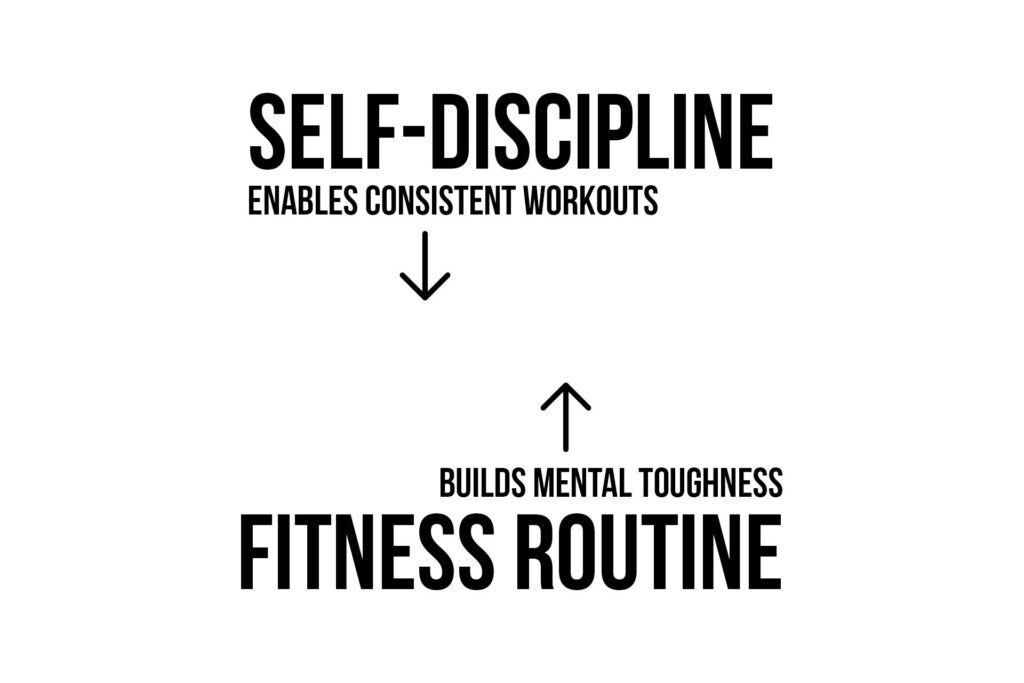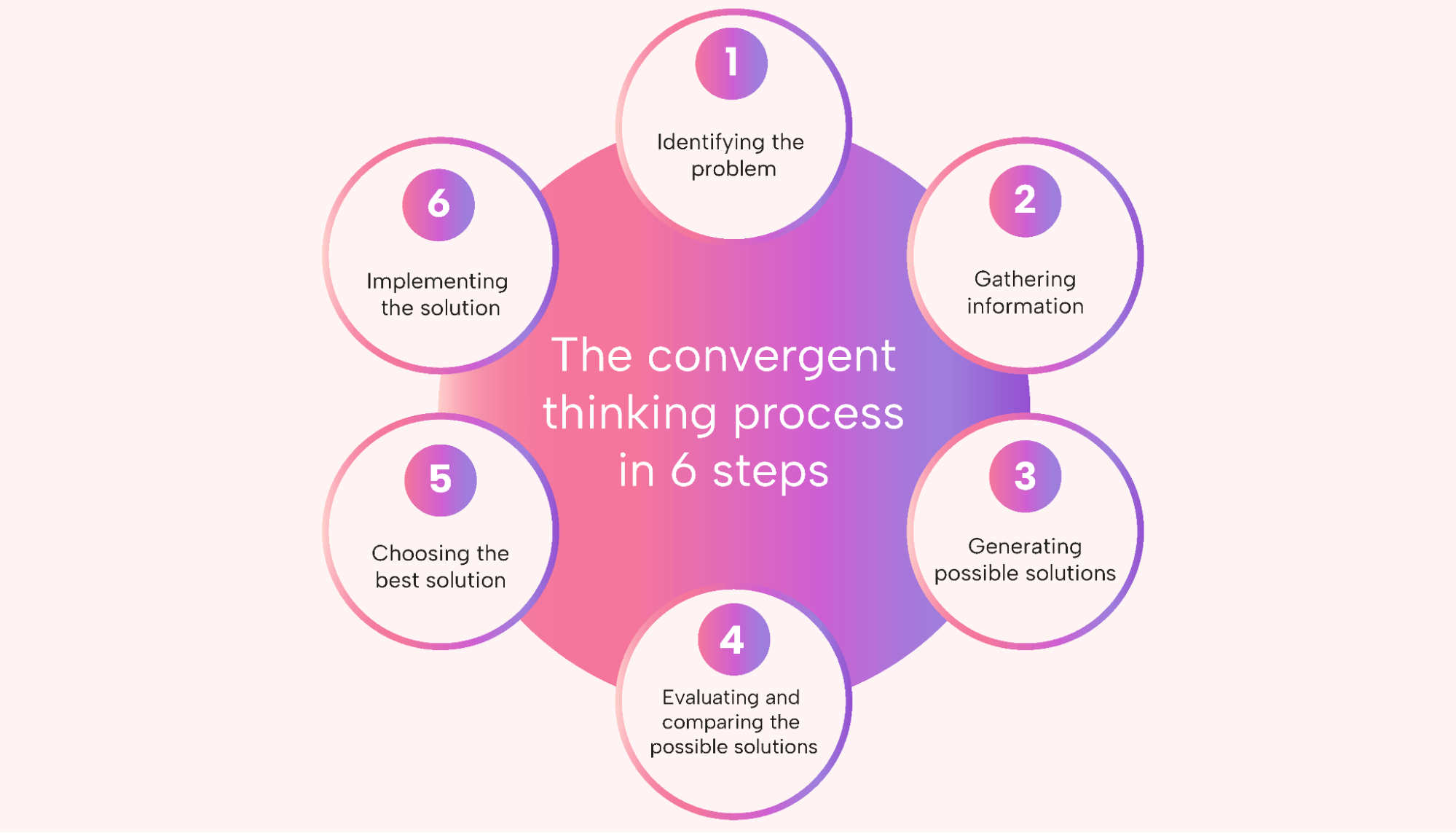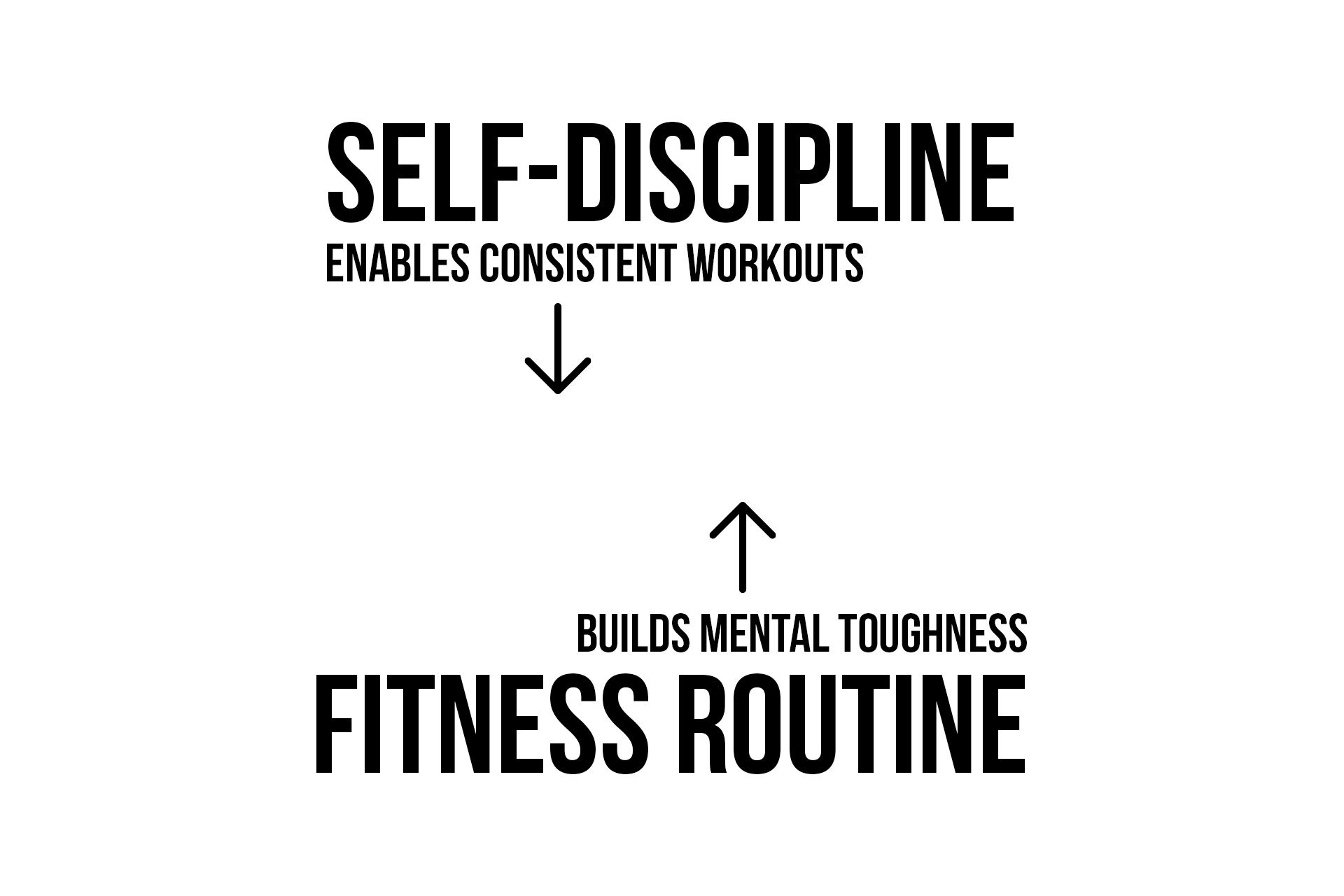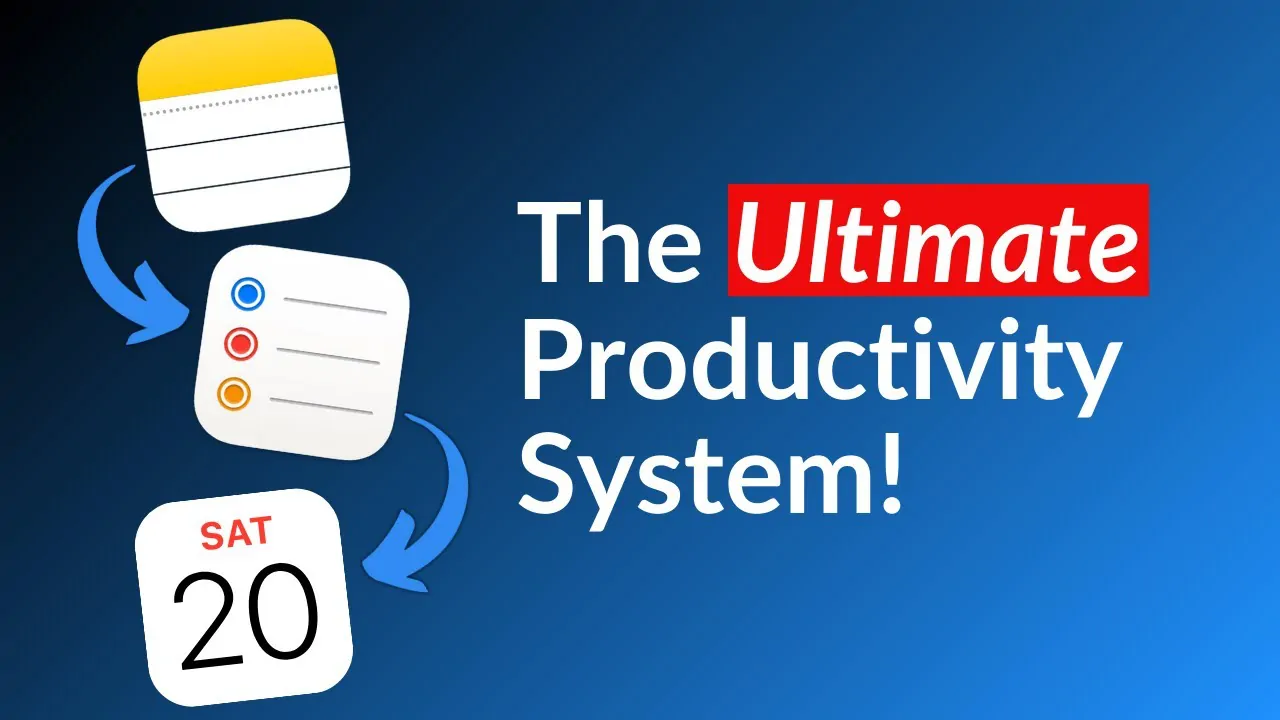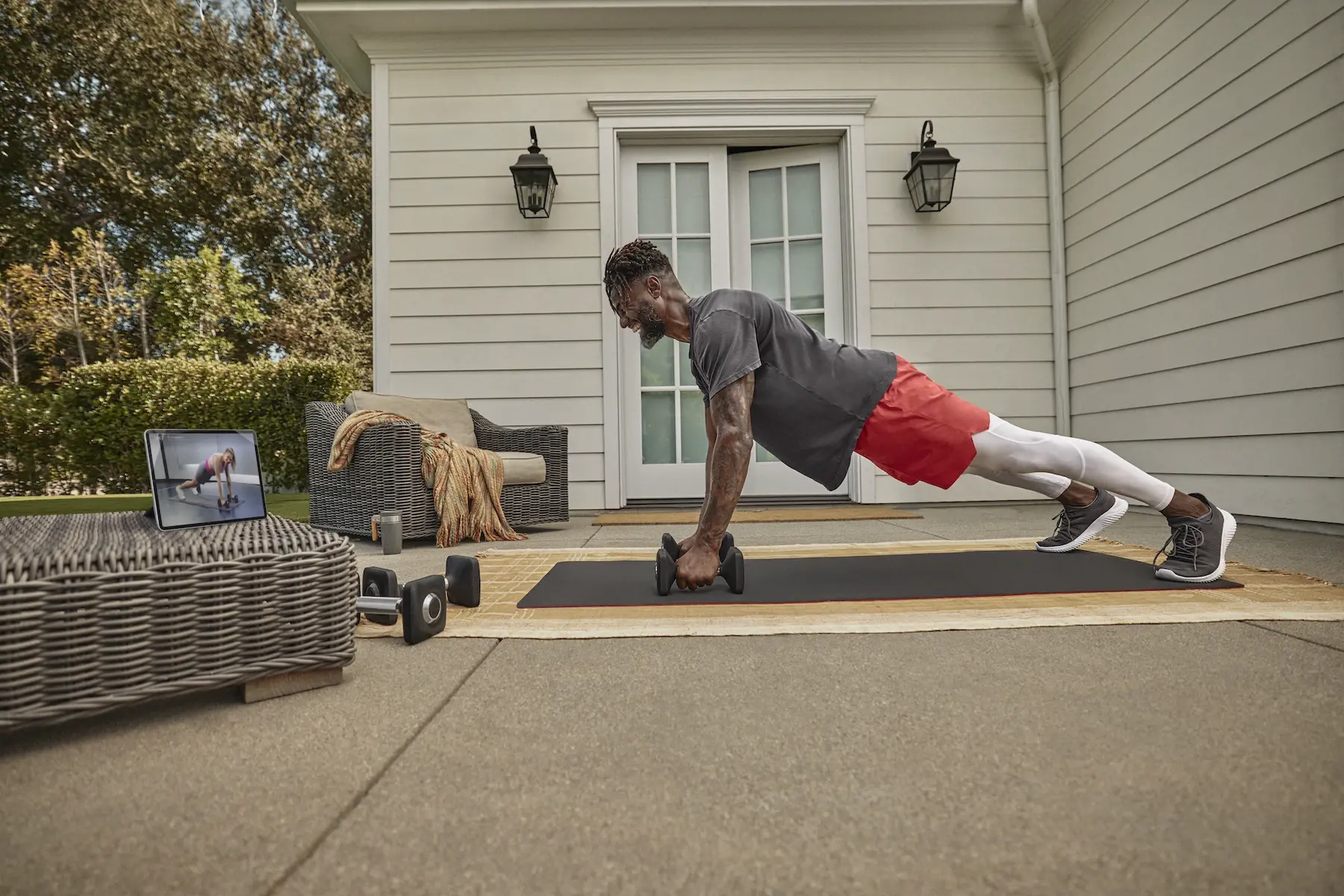When was the last time you felt unstoppable? Not just motivated for a moment, but genuinely grounded in a discipline that drove you to reach your highest potential? Here’s the truth: discipline, not motivation, is the cornerstone of peak performance in fitness and life.
How to Develop Discipline in Fitness
Motivation is fleeting; it ebbs and flows. Discipline is the steady force that propels you forward even when you don’t feel like lacing up your trainers or hitting the weights. But discipline isn’t innate; it’s developed, honed, and strengthened like any muscle. Let’s break down the art and science of building unwavering fitness discipline and achieving peak performance with unique strategies that’ll transform how you approach your goals.
Read more about the The Productivity System That Every Fitness Professional Should Know
1. Understand the Psychology of Discipline
Discipline is less about willpower and more about creating an environment that supports success. Behavioral scientists have found that the human brain is hardwired to conserve energy and avoid discomfort, so we gravitate toward instant gratification over long-term goals with the Psychology of Discipline.
The trick to building discipline isn’t fighting your brain’s wiring; it’s working with it.
- Use Micro-Commitments: Instead of saying, “I’ll work out for an hour,” commit to five minutes. The brain doesn’t resist small starts, and momentum often carries you forward once you begin.
- Anchor Habits: Tie your fitness routine to something you already do daily. For example, do five push-ups after brushing your teeth in the morning. This small act sets the stage for a complete workout without resistance.
Your brain’s reward center lights up not just when you complete a goal but also when you make progress toward it. Celebrate micro-wins like completing a single set or sticking to your schedule for three days straight to reinforce the habit.
2. Engineer Your Environment for Success
The environment you create is either your greatest ally or your biggest saboteur. Most people fail because they rely too heavily on motivation and ignore how their surroundings influence behavior.
Innovative Strategies:
- Eliminate Decision Fatigue: Pre-plan your workouts for the week, including what you’ll do, when, and where. Lay out your gym clothes the night before to make it easier to start.
- Leverage Social Contracts: Publicly commit to your fitness goals by sharing them with friends or joining a community. This taps into the psychological principle of accountability.
- Prime Your Space: Design your home environment to align with your goals. Keep your workout equipment visible, nutritious snacks accessible, and distractions like TV or junk food out of sight.
Pro Tip: Place a sticky note on your fridge or mirror with a powerful affirmation: “Discipline is my superpower.” It’s a small, constant reminder of your commitment.
3. Track and Adapt Your Progress Like a Scientist
Data-driven decision-making is key for personal fitness. Peak performers treat their bodies like experiments, tracking progress, analyzing patterns, and tweaking routines for optimal results.
Actionable Steps:
- Quantify Everything: Use fitness trackers or apps to monitor steps, heart rate, and calories burned.
- Reflect Weekly: Dedicate 10 minutes each Sunday to assess what worked, what didn’t, and what changes you’ll make.
- Embrace Feedback Loops: If progress stalls, analyze whether it’s due to overtraining, nutrition, or lack of sleep. Then, adjust accordingly.
Incorporate biohacking techniques like heart rate variability (HRV) tracking to optimize recovery and performance. HRV measures the variation in time between heartbeats and is a powerful indicator of your body’s readiness to train.
4. How to Build Mental Resilience Through Visualization and Affirmations
Discipline starts in the mind. Elite athletes use mental training as rigorously as physical training. Why? Because your thoughts shape your actions.
Unique Tactics:
- Daily Visualization: Spend five minutes each morning visualizing yourself, crushing your workout, feeling strong, and enjoying the results of your discipline. This primes your brain for action.
- Power Affirmations: Replace self-defeating thoughts like “I’m too tired” with affirmations like “I’m building the best version of myself today.”
- Name Your Why: Write down your core reason for pursuing fitness: to have more energy for your kids or to feel confident in your skin. Keep this visible as a constant source of motivation.
Neuroscience reveals that visualization activates the same neural pathways as actual performance. This means that mentally rehearsing your workout can improve real-life execution.
5. Optimize Recovery to Sustain Discipline
Peak performance isn’t about going hard daily; it’s about balancing effort with recovery. Many fail to sustain discipline because they ignore this critical component.
Recovery Strategies Most People Miss:
- Prioritize Sleep Quality: Deep, restorative sleep is where muscle repair, memory consolidation, and energy replenishment occur. Aim for 7–9 hours and consider tools like blackout curtains or white noise machines.
- Active Recovery Days: To stay active without overloading your system, use low-intensity activities like yoga, swimming, or walking.
- Nutritional Recovery: Include anti-inflammatory foods like turmeric, berries, and omega-3-rich fish to speed up recovery and reduce soreness.
Cold exposure, such as ice baths or cold showers, triggers a hormonal response that reduces inflammation and boosts mental clarity. Adding this to your recovery routine can amplify results.
6. Turn Fitness Into an Identity, Not Just a Goal
The most disciplined people don’t view fitness as something they do; it’s who they are. When you align your identity with your goals, discipline becomes second nature.
How to Shift Your Identity:
- Adopt the “I Am” Mindset: Instead of saying, “I’m trying to work out regularly,” declare, “I am someone who prioritizes health and fitness.”
- Build Rituals, Not Routines: Rituals carry emotional weight. For instance, lighting a candle before yoga or journaling after a run can transform a mundane task into a meaningful practice.
Read more about How to Build a Fitness Routine That You’ll Stick With
Redefining Fitness Discipline
Discipline in fitness isn’t about grinding endlessly or relying on fleeting motivation. It’s about creating systems, embracing progress, and aligning your daily actions with your deepest values.
By understanding the psychology behind discipline, engineering your environment, tracking progress, training your mind, prioritizing recovery, and internalizing your identity, you unlock the path to peak performance.
This isn’t just about achieving your fitness goals but redefining who you are and your capabilities. So, take the first step, no matter how small, and let discipline guide you toward your ultimate potential.

